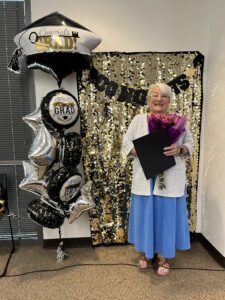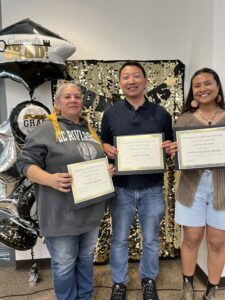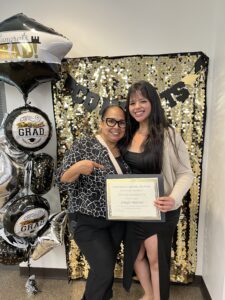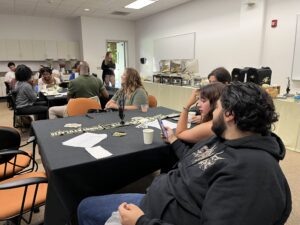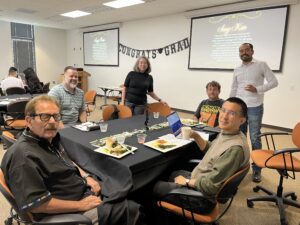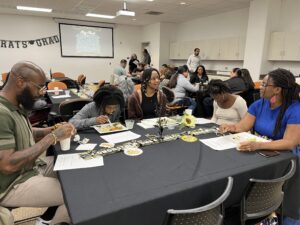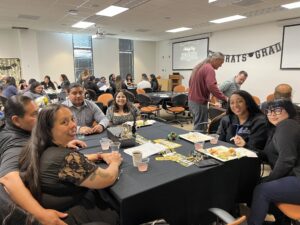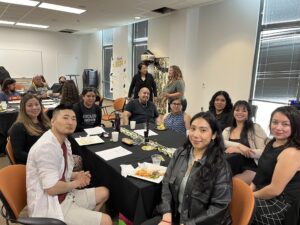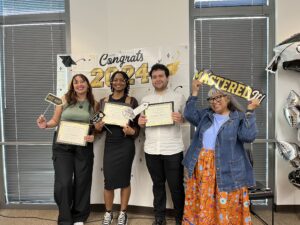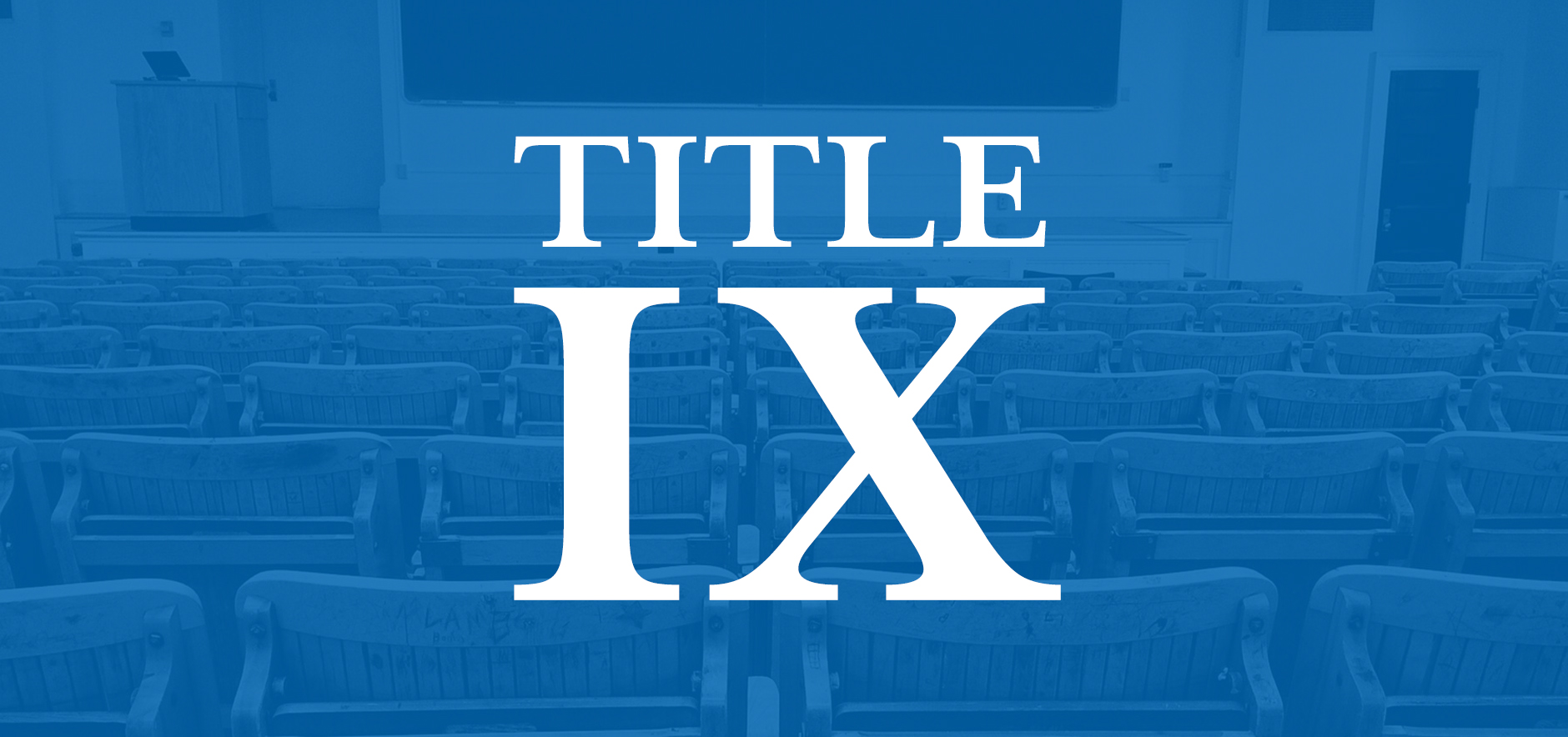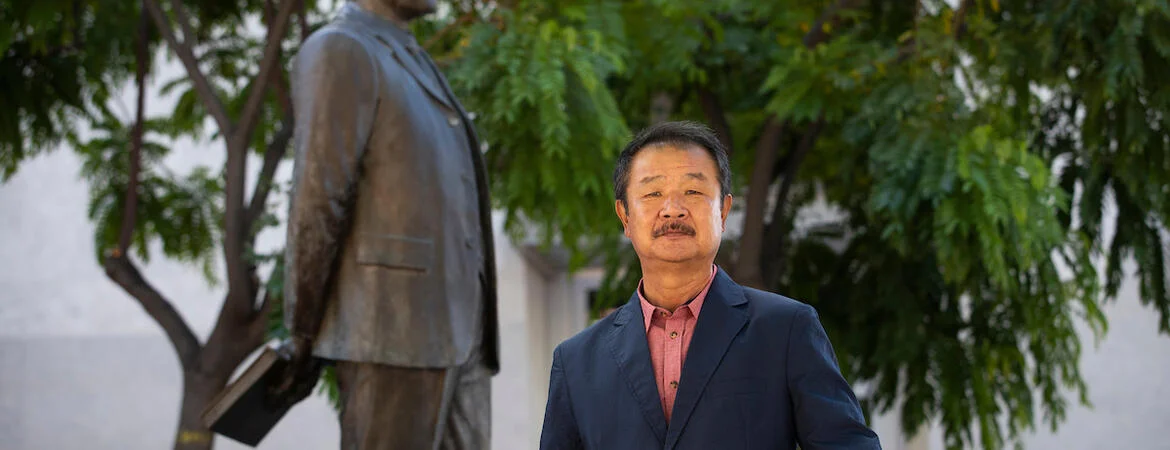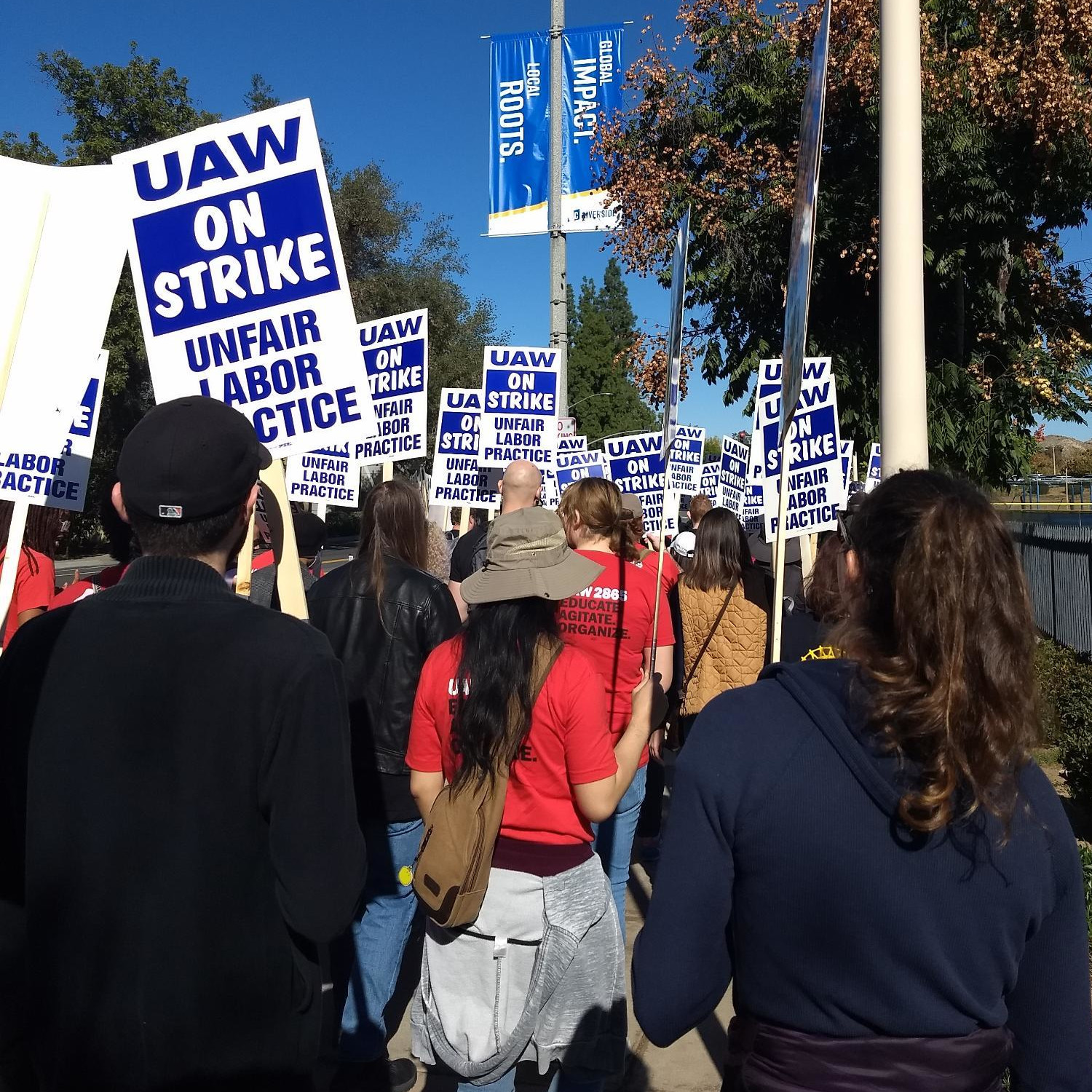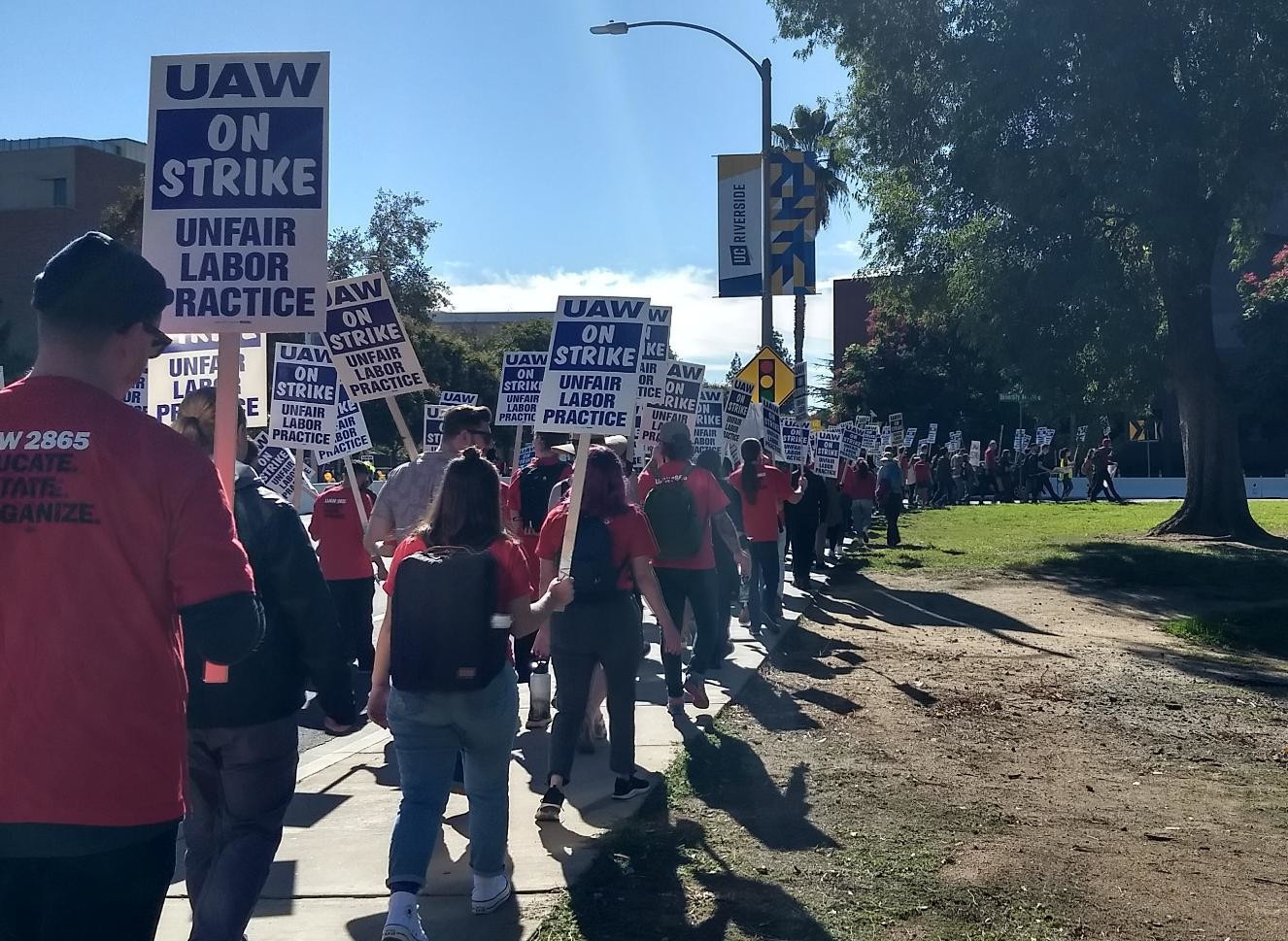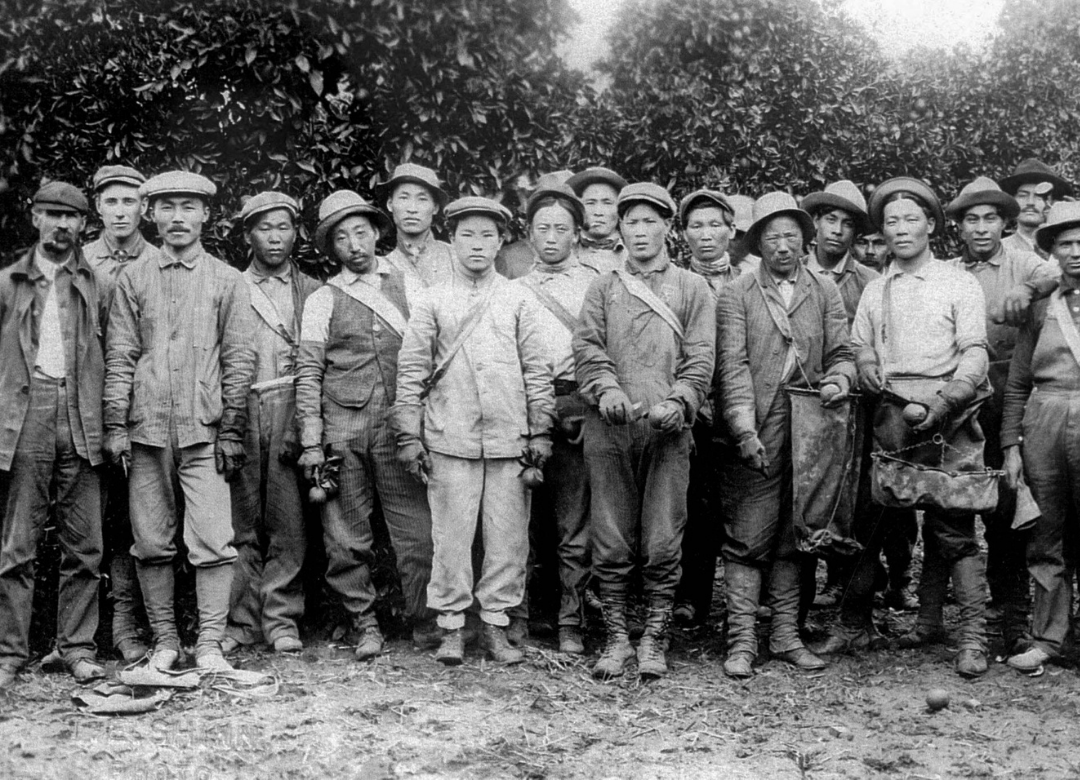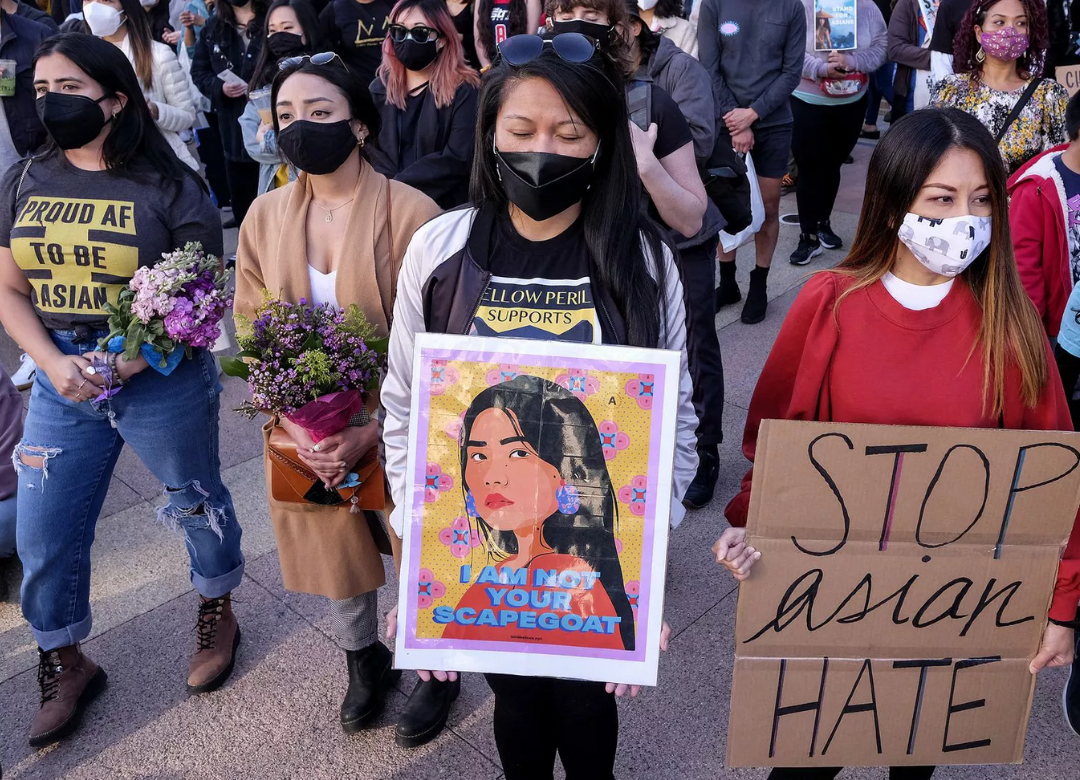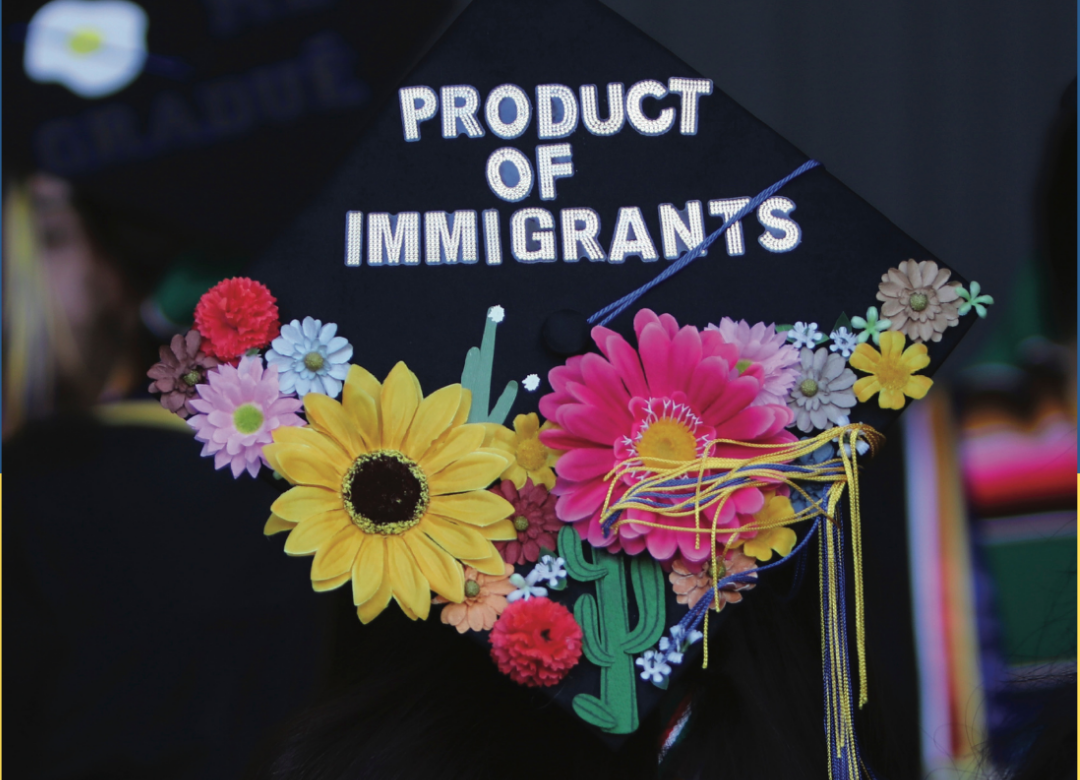On June 3, 2024, the Ethnic Studies Department held its annual awards and graduation ceremony. In addition to honoring our graduating undergraduate and graduate students, we had the pleasure of celebrating the 2023–24 award recipients.
Wilmer and Velma Johnson Ethnic Studies Undergraduate Award (Competitive scholarship granted to a rising Sophomore, Junior, or Senior Ethnic Studies Major)
- Kayla Daniel
- Blanca Salgado
Dosan Ahn Chang-Ho Award (Junior Ethnic Studies major with the highest overall GPA)
- Blanca Salgado
Maurice Jackson Award (Graduating Ethnic Studies major with the highest overall GPA)
- Martie Pablo
Ernesto Galarza Award (Junior Ethnic Studies major in recognition of service to the community)
- Iris Villalpando
Katherine Saubel Award (Graduating senior who best promotes the preservation of cultural awareness)
- Sanaa Johnson
Barnett Grier Award (Graduating senior who best promotes ethnic awareness)
- Adrian Rosas Villagomez
Sister Rosa Marta Zarate Award (Graduating senior major in recognition of service to the community)
- Cuauhtli Ramos
Outstanding Teaching Assistant Award
- Jenni Martinez
Edna Bonacich Ethnic Studies Graduate Award (Competitive fellowship for new or continuing Ethnic Studies graduate students who have demonstrated a commitment to the promotion of equity in the workplace)
- Eliana Buenrostro
- Pedro Freire
Graduating MA Students
- Carolina Apodaca-Morales
- Michelle Rawlings
- Kelvin Villalta
Graduating PhD Students
- Guadalupe Arellanes Castro
- Takahito Tanaka
In Recognition of Service to the Department and Celebrating Retirement
- Cynthia (Cindy) Redfield
